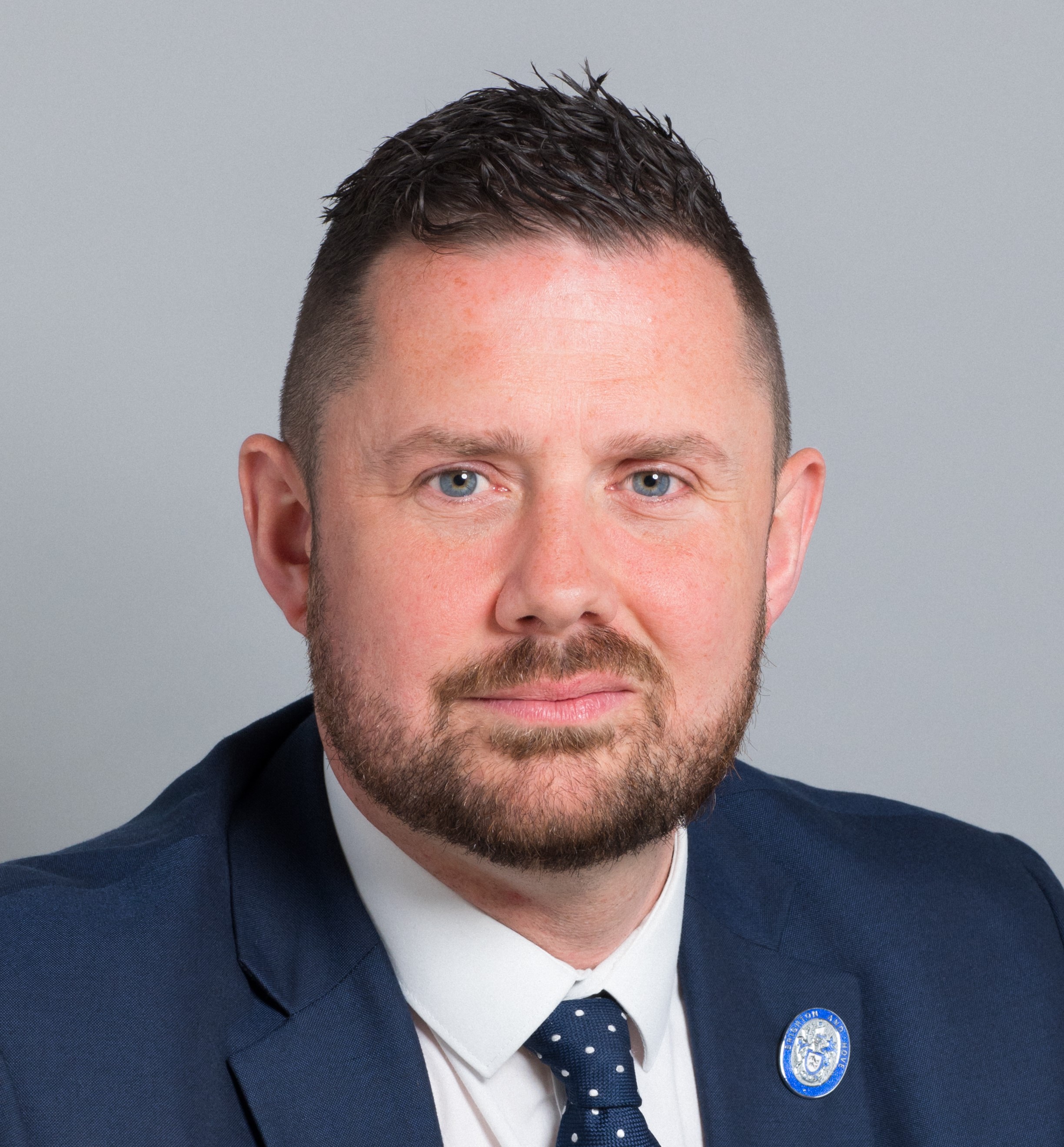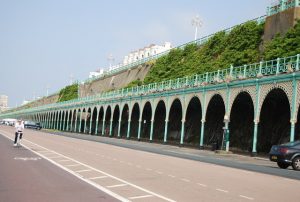Our budget proposals go before council next Thursday (25 February). The approach at the heart of our budget plans is critical: our city’s recovery.
After a tough year I know each and every one of us is keen to ensure our city can thrive once again. So many have faced immeasurable loss from the covid-19 crisis and most importantly, the pandemic is sadly still far from over.
While the efforts made by local communities mean that infection rates in our city have dramatically reduced, the existence of a more contagious new strain still poses a threat. People are still being admitted to intensive care. We are clearly far from the point when we should even consider re-opening.
It’s precisely because the pandemic is still very much with us that we are focused on keeping public services on their feet.
Covid-19 has pushed people into intense hardship, with people needing help with the essentials from food to paying the bills.
On top of this, loopholes in the government’s business grants scheme have affected household incomes, particularly the self-employed.
The council’s community hub has ensured food parcels have reached hundreds of homes, but there will be more who need help in future.
We are clear in our budget that now is the time to protect critical services. Cutting services that help prevent problems will only result in costly, more complex problems emerging down the line, as evidenced by the Early Intervention Foundation which has calculated that the cost of late intervention is around £17 billion a year in England and Wales. So as the saying goes, prevention is better than cure.
Yet years of cuts from central government have left many key services without the capacity to withstand the pandemic. £110 million has been lost from local council funding as a result of Conservative government austerity cuts in the past decade.
The signs of the Conservative government’s financial mismanagement also go beyond the pandemic – despite promises to “fix adult social care”, there is still no long-term funding plan to support our growing elderly population.
It will cost £16 million this year alone to meet the cost of essential care for vulnerable adults in the city.
The government’s plan – to raise this funding through a ringfenced 3 per cent of council tax – covers just one third of the cost of these services locally.
As Conservative ministers shift the costs to residents, the impact of cuts means that more councils are seeking a financial bail-out from government, like Eastbourne did last week.

Greens have fought to ensure a balanced budget for our city. Yet we have not been immune from these pressures. But rather than bounce our city from the health crisis into the climate crisis, in the absence of long-term funding from government, we know that investing in tackling poverty, inequality, the housing crisis and climate change will help our city build back better from the pandemic.
It is essential that recovery from the pandemic delivers a healthier, more equal city so our budget proposals also look at continued support for our BAME communities, work for those facing abuse, and to increase what the council does to support people with disabilities.
We know the poorest bear the brunt of rising bills, climate chaos and budget cuts, which is why we’ve already improved the Council Tax Reduction Scheme which will provide an 82 per cent discount on council tax for the poorest households in our city – meaning that for those on the lowest incomes, bills will reduce.
A new £4 million programme for warmer homes in the city is part of our plans to lower fuel bills for residents, tackle carbon emissions from draughty homes and create jobs.
We’re putting £100,000 into supporting the recovery of the city’s important arts, events and cultural sector, to turbo-charge a plan drawn up by local arts organisations and investing in council teams working on economic recovery.
We’re proposing new work to enhance youth services. We’re also keeping a keen eye on the look and feel of the city, building on successful community tidy ups last September, funding more work on graffiti removal and additional investment for the regeneration of Madeira Terraces.
Green budget plans will also help bring down carbon emissions by 2030. While the government fails to provide the funding needed to respond to the huge challenge of climate chaos, we’ve created a fund that means we can prepare for the future, as well as respond to the recommendations made by the city’s first climate assembly.
When more people are not at risk, supporting our city’s recovery is key to getting our city back on its feet, able to rise to future challenges and thrive again.
In the face of government inaction, we will not fail to act. Next week, we hope other parties will support us in this vital work.
Councillor Phélim Mac Cafferty is the Green leader of Brighton and Hove City Council.










